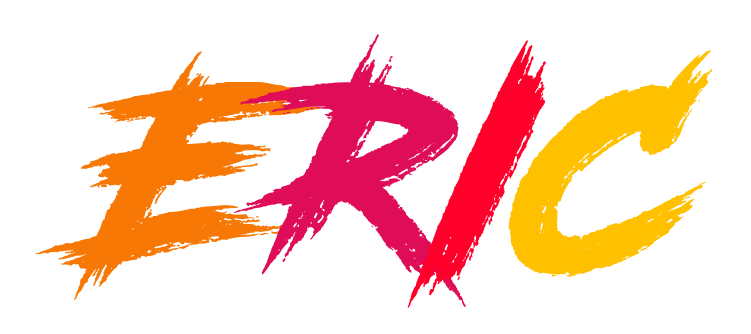Marketing terms that you need to know📲
If you're new to the world of marketing, it can be tough to keep up with all of the jargon. To help you out, we've compiled a list of essential marketing terms that you need to know👀
Target Market: The group of consumers that a company intends to sell their products or services to. A target market can be defined by factors such as age, gender, location, interests, and income level.
Competitor Analysis: The process of assessing the strengths and weaknesses of your competitors in order to gain an advantage in the marketplace.
Marketing Plan: A document that outlines the actions that will be taken in order to achieve marketing objectives. A marketing plan should include an overview of the current situation, objectives, strategies, tactics, budget, and timeline.
ROI: ROI stands for return on investment. It’s a metric that measures how much money you make in relation to how much money you spend on marketing.
Awareness: This term refers to how familiar people are with your brand. The goal of many marketing campaigns is to increase brand awareness so that more people are familiar with what you do and the products or services that you offer.
Engagement: Engagement is all about getting potential customers interested in your brand and interacting with your content. When people are engaged in your content, they’re more likely to remember your brand and consider using your products or services in the future.
Conversion: A conversion occurs when someone takes a desired action, such as making a purchase or signing up for a newsletter. The goal of many marketing campaigns is to increase conversions so that more people take the desired action.
Lead: A lead is a potential customer who has shown some interest in your brand but has not yet taken the desired action. For example, someone who provides their email address in exchange for a free e-book would be considered a lead. Once you have a lead, it’s your job to nurture them until they’re ready to convert.
Funnel: The funnel is the path that leads potential customers from awareness all the way through to conversion. At the top of the funnel, you have people who are just becoming aware of your brand. As they interact with your content and learn more about what you do, they move down the funnel until they eventually take the desired action (convert).
Calls-to-Action: A call-to-action (CTA) is an element of your content that encourages people to take a specific action, such as signing up for a newsletter or making a purchase. A CTA can be something as simple as a button that says “Sign Up Now” or “Buy Now.”
A/B Testing: A/B testing is a marketing technique that allows you to compare two versions of a piece of content (like an email subject line) to see which performs better. The "A" version is the control, while the "B" version is the variable that you're testing. For example, you might send out two different email subject lines to a segment of your list and see which one gets more opens.
KPIs: Key Performance Indicators (KPIs) are metrics that help you measure whether you're achieving your business goals.
SEO: Search Engine Optimisation (SEO) is the process of optimising your website for Google's search algorithm so that you rank higher in search results for relevant keywords.
Marketing automation: Refers to software platforms and tools that allow businesses to automate their marketing tasks
Analytics: Analytics is essentially the discovery and communication of meaningful patterns in data. When referred to in the context of marketing, it’s looking at the data of one’s initiatives (website visitor reports, social, PPC, etc.), analysing the trends, and developing actionable insights to make better informed marketing decisions.
B2B: Business-to-business marketing refers to the marketing of products or services to other businesses and organisations.
B2C: B2C Marketing targets individual consumers as customers (business-to-consumer marketing) rather than targeting other companies as customers (B2B or business-to-business marketing).
Bounce Rate: The percentage of visitors to a particular website who navigate away from the site after viewing only one page.
CTR: A ratio showing how often people who see your online content end up clicking it.
CMS: A Content Management System is software that helps users create, manage, and modify content on a website without the need for specialised technical knowledge.
Evergreen Content: Evergreen content is SEO content that is continually relevant and stays “fresh” for readers.
PPC: PPC stands for pay-per-click, a model of digital advertising where the advertiser pays a fee each time one of their ads is clicked.
Marketing is vital for any business that wants to succeed but it can be difficult to keep up with all of the jargon if you're new to the world of marketing!
Once you're using these terms in practical situations, they are much more likely to make sense and be applied in the correct manner.
Keep in mind that these are not ALL the terms that are used in Marketing, and that you will encounter more and learn more along your career journey.
If this article was helpful, then be sure to check back soon for more helpful tips and tricks!
If you want to upskill or find your first job in Marketing, download the ERIC app 💥

